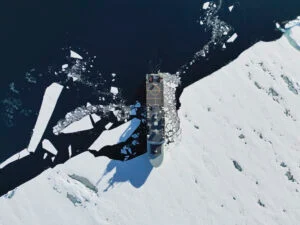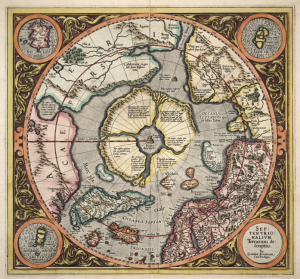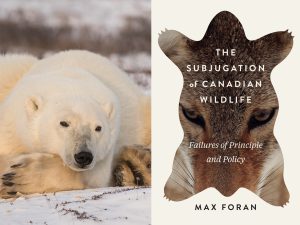
People & Culture
On thin ice: Who “owns” the Arctic?
As the climate heats up, so do talks over land ownership in the Arctic. What does Canadian Arctic Sovereignty look like as the ice melts?
- 4353 words
- 18 minutes
Exploration
Hedges, who served as medic on the 1969 British Trans-Arctic Expedition and later settled in Canada, died Oct. 11 age 88

On Easter Day, April 6, 1969, four men — Wally Herbert, Roy ‘Fritz’ Koerner, Allan Gill and Major Ken Hedges — with four teams of Greenland Inuit sled dogs reached the North Pole during an expedition that would go down in history as the first crossing of the surface of the Arctic Ocean, the longest sustained dogsled journey on sea ice in the history of polar exploration, and the first undisputed expedition to reach and return from the North Pole on sea ice.
Hedges, the last surviving member of the expedition, passed away Oct. 11 at the age of 88.
A former Royal Army Medical Corps physician and member of the British Special Air Service (SAS), Hedges served as medic on the 476-day, 5,987-kilometre trek across the top of the world from Point Barrow, Alaska, to the Norwegian archipelago of Svalbard. Together with his team, Hedges survived encounters with polar bears, endured months of darkness and disorienting weather and battled ice floes. The British Trans-Arctic Expedition has been described as one of the last great polar journeys and would not be possible today due to climate change.
Hedges spent his early childhood years in Fiji. With the outbreak of the Second World War, the family returned to England, just in time to experience the Blitz. Hedges graduated from University of Liverpool Medical School in 1962 and in 1964 joined the SAS as Regimental Medical Officer, where he was invited to join the British Trans-Arctic Expedition. The four members of the crossing party were elected Fellows of the Royal Geographical Society, and in 1970 were awarded the Polar Medal at an investiture held by Her Majesty Queen Elizabeth the Queen Mother at Buckingham Palace.

Hedges immigrated to Canada in 1975, where he became a Major in the Canadian Forces Medical Service (Reserve) and held several administrative positions in the private and public sectors before returning to clinical practice in 1982. In 2020, in recognition of the 50th anniversary of the first crossing of the surface of the Arctic Ocean, Hedges was presented with the Joseph-Elzéar Bernier medal of the Royal Canadian Geographical Society and named an Honorary Fellow. His dog sledge is featured in a standing display at the RCGS headquarters at 50 Sussex Drive in Ottawa.
“The British Trans-Arctic Expedition was not only epic in terms of the feat, but truly historic,” said RCGS CEO John Geiger. “In exploration terms, Ken Hedges was the last of his kind.”
The expedition left an indelible mark on Hedges himself, upon which he reflected in a 2020 essay for Canadian Geographic. On the final day of the expedition, while waiting for extrication by helicopter, Hedges laid down on his sheepskin mattress and heard “a melodic whistling through the ice.”
“The pervasive silence of the Arctic was transmuted into the pristine farewell song of a whale pod as if confirming a universe that did not come into existence by happenstance, any more than our own lives and what we do and how we live are destined to be bereft of significance.”
Are you passionate about Canadian geography?
You can support Canadian Geographic in 3 ways:

People & Culture
As the climate heats up, so do talks over land ownership in the Arctic. What does Canadian Arctic Sovereignty look like as the ice melts?

People & Culture
In this essay, noted geologist and geophysicist Fred Roots explores the significance of the symbolic point at the top of the world. He submitted it to Canadian Geographic just before his death in October 2016 at age 93.

Exploration
Ken Hedges of the 1968-69 British Trans Arctic Expedition reflects on the perilous and ground-breaking journey

Wildlife
In a new book, Max Foran denounces Canada's failures in protecting its wildlife from human exploitation